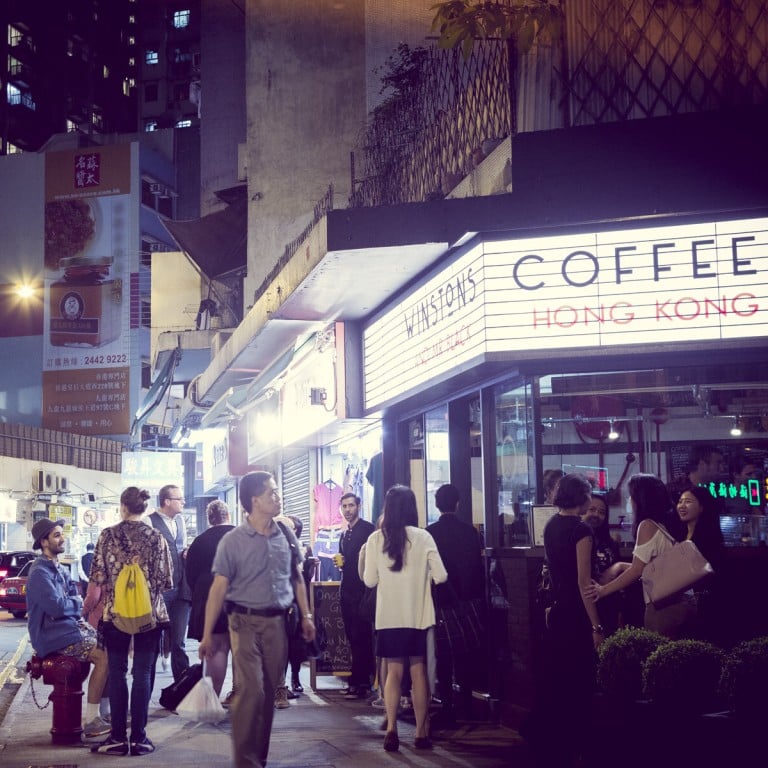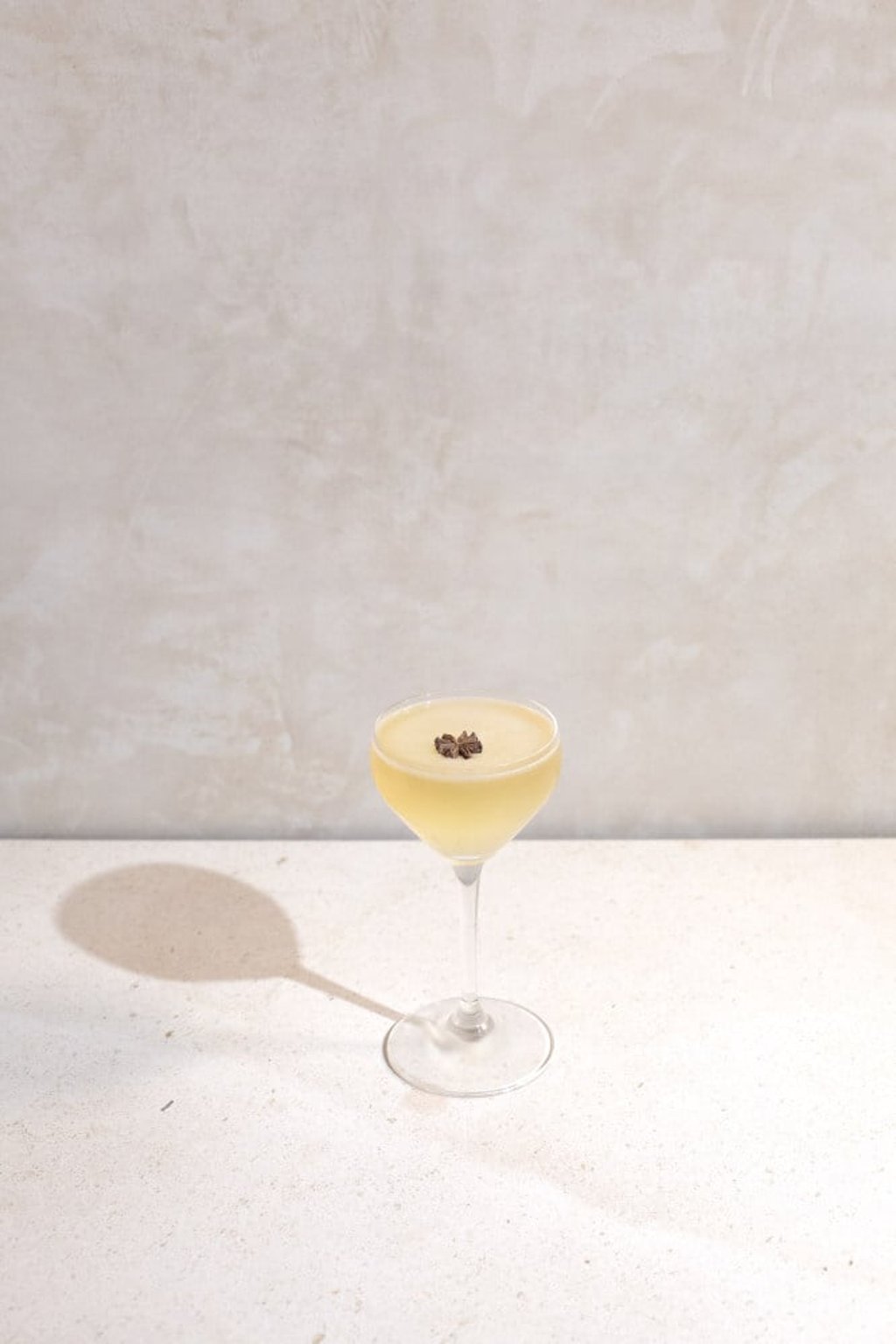How Covid-19 helped Hong Kong finally embrace cafe-bars: serving coffee by day and cocktails by night really shouldn’t be such a big deal

- Hip multipurpose venues like Tai Hang’s Fineprint and Sai Ying Pun’s Cupping Room pioneered the day-to-night concept in Hong Kong
- The pandemic sped up the trend as more after-hours venues were forced to think outside the box to survive social distancing restrictions
The last two years have been hard for the F&B industry in Hong Kong. Protests and months of restricted openings or, in the case of bars, outright closures have left many establishments struggling to survive. Just last month Allan Zeman, chairman of Lan Kwai Fong Group, estimated that 35 per cent of businesses in the bar industry had closed and called the situation a “nightmare”.
Unsurprisingly, owners of bars that have remained buoyant have sought alternative ways to keep staff in work and tills ringing. Some are making full use of their restaurant licence for the first time and serving food, while others are selling bottled cocktails or offering master classes.
Moves towards such diversification predate Covid-19, but the pandemic has accelerated the process. One of the most noticeable recent trends in Hong Kong is the increasing prevalence of establishments acting as coffee shops by day and bars by night. Previously, this overlap of caffeine and alcohol was restricted to an espresso martini – many bars and coffee shops exhibiting an “East is East, West is West” philosophy.
Baristas and bartenders in Hong Kong often have very different personality types. Baristas here tend to be a little more reserved … The best bartenders are much more social
Such a situation is a curious reversal of the history of cafes. The term “espresso bar” comes from when espresso machines were first invented in the early 20th century and Italian bars introduced them to their establishments to appeal to a wider variety of customers. Most significantly, the word “barista” is Italian for “bartender”.

Yet in seeking to justify increasingly high prices for both coffee and cocktails, bartenders and baristas long ago split ways, each emphasising the unique artistry of their work and the specialist skills required to do the job properly.
History repeats itself, however, and barriers are coming down. In locations all over Hong Kong, expertly made espresso is giving way to punctiliously prepared cocktails later in the day.
One of the pioneers of this trend was Fineprint, which opened on Peel Street in January 2015. Founded by husband and wife team Scottie and Jemima Callaghan, the concept provides quality coffee and baked goods in the morning and wines and cocktails later in the day.
“The dual concept has been a part of who we are since inception,” explains Scottie.
There are many reasons why offering coffee by day and alcohol by night makes sense. Most obviously, selling both allows a business to expand its hours beyond the norm given the tendency for coffee shops to close early and for bars to open late in the day.